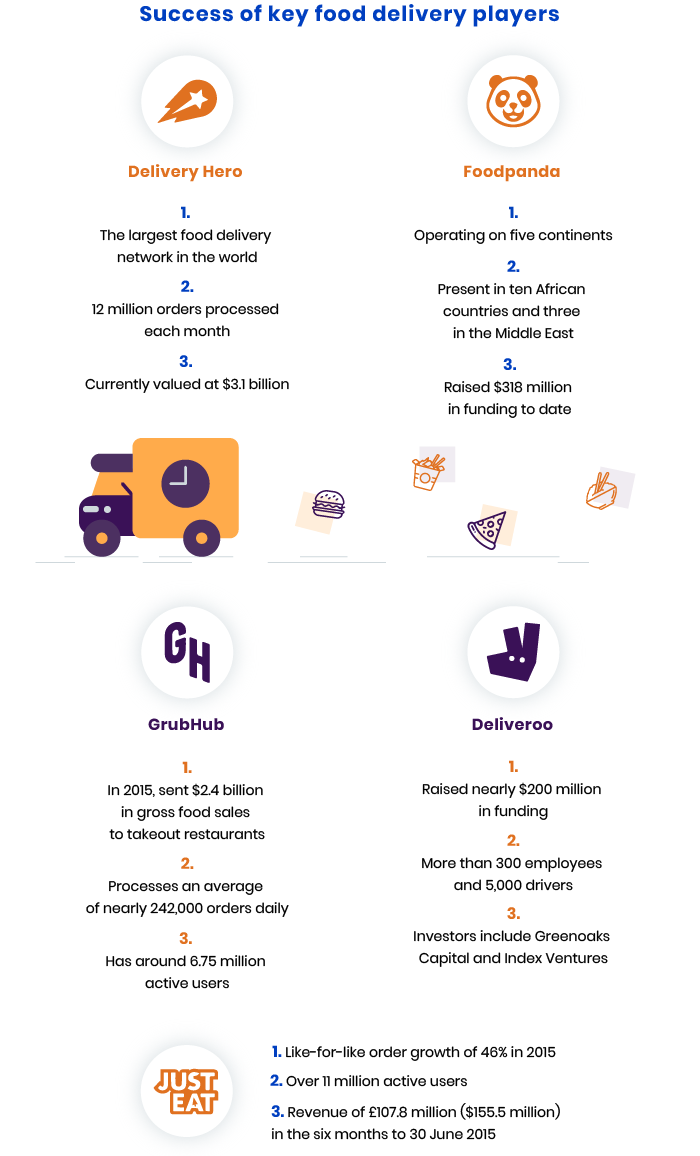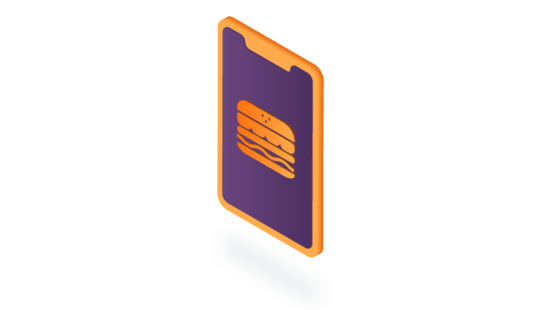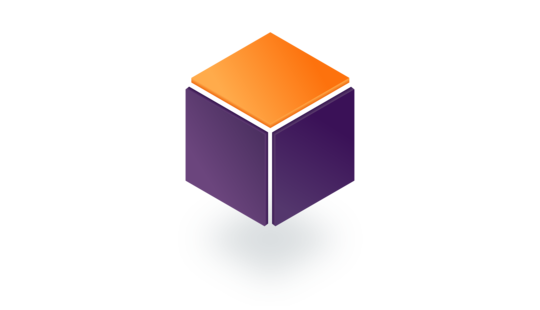-
Product Management
Software Testing
Technology Consulting
-
Multi-Vendor Marketplace
Online StoreCreate an online store with unique design and features at minimal cost using our MarketAge solutionCustom MarketplaceGet a unique, scalable, and cost-effective online marketplace with minimum time to marketTelemedicine SoftwareGet a cost-efficient, HIPAA-compliant telemedicine solution tailored to your facility's requirementsChat AppGet a customizable chat solution to connect users across multiple apps and platformsCustom Booking SystemImprove your business operations and expand to new markets with our appointment booking solutionVideo ConferencingAdjust our video conferencing solution for your business needsFor EnterpriseScale, automate, and improve business processes in your enterprise with our custom software solutionsFor StartupsTurn your startup ideas into viable, value-driven, and commercially successful software solutions -
-
- Case Studies
- Blog
Four Monetization Techniques for Food Delivery Apps
Online food delivery, despite the competition, seems promising. In fact, it’s projected that the US food delivery market could reach $210 billion in the long-term outlook (up 2,000% from $11 billion today). But how does one launch a food delivery startup? What business models are out there? In this post we answer these questions.
The concept of online food delivery apps
Food delivery apps facilitate the delivery of meals from local restaurants or food cooperatives. Online food delivery apps allow customers to order from a wide variety of establishments with a single tap on a mobile phone.
In 2011, Americans spent $69 billion on take-out. Almost all of it was placed over the phone. From paper menus.
The main advantage of food delivery apps is the ease and simplicity they provide. Customers don’t have to call to make an order and then go to a restaurant to pick it up. Food delivery apps provide all of this in just a few clicks. Online services enable customers to look for their favorite restaurants, view menus, place orders, and pay.

Now let’s consider the key food delivery platforms and see what results they’ve achieved.

How have these companies achieved such success? Let’s consider what sources of revenue the biggest food delivery platforms have and learn how food delivery apps make money.
Types of food delivery app monetization
Delivery charges
If a restaurant doesn’t have its own delivery team, such kind of an app can take care of delivery for a fee. Delivery fees can be a percentage of the order price or a flat fee depending on distance.
Deliveroo applies this method of monetization. As report shows, Deliveroo made £129 million from delivering restaurant food to сustomers’ homes. The company’s revenue comes from a £2.50 charge to customers for each delivery and commission charged to restaurant owners (generally 10 percent of the order price). Deliveroo can typically generate £16.50 each hour per driver.
Since delivery charges are the main revenue source of all food delivery apps, we’ve made a comparison table that shows the delivery fees of popular food delivery apps.
| Food delivery app | Delivery fees |
|---|---|
| UberEats | Flat rate starting at $4.99 and varying based on distance |
| DoorDash | From $0.99 to $7.99 plus a service fee of 7–15% per order |
| Caviar | From $1.99 to $8.99 plus a service fee of 18% on all orders |
| Swiggy | 30–35% of the order price |
| GrubHub | Standard $9.99 delivery fee |
| Foodpanda | 10% commission along with 2% service charge |
Pros and cons of monetizing with delivery charges
Charging for delivery is a good approach for stable income, but it can be hard to stay afloat using this model alone. Therefore, you should think about additional sources of income such as surcharges during peak hours.
Peak hours
Let’s consider one more way to make money with food delivery apps. This monetization approach involves a delivery surcharge during peak hours. For example, UberEats sets surge pricing during lunch and dinner. At peak hours, UberEats limits menus and locations and charges an extra fee to make them available. To see how successful this approach can be, look at the graph below that shows the average UberEats income per delivery by city.

Pros and cons of monetizing with surcharges during peak hours
Charging more during peak hours is a great way of bringing in extra revenue. But keep in mind that not all customers are ready to pay a premium and may just go to a competitor where the service is cheaper.
Advertising
Advertising is another way that food delivery apps make money. A delivery app can offer advertising to restaurants at additional cost. In a delivery app, advertising can mean listing a restaurant at the top of search results for a period of time. This is one of the major sources of revenue for Swiggy. Swiggy charges money to restaurant owners to feature their restaurants in the app. By being on a featured list, restaurants are shown above others in search results and can attract more customers.
UberEats makes money through advertising income from restaurant partners. Like Swiggy, UberEats charges restaurant owners a marketing fee to feature their restaurants.

Pros and cons of advertising
Since the market now has a huge number of restaurants, this means great competition. Many people want to advertise their restaurants and be more visible than others. Advertising is an excellent source of income. But partner only with trusted restaurants that have good customer feedback.
Commission percentage
One more approach to monetize a food delivery app is a commission percentage. Online food delivery apps can collaborate with restaurants on predefined commission rates based on the order size. For example, Just Eat makes money by charging restaurants commission on transactions. Today, the company boasts a market capitalization of $3.5 billion and operates in 15 countries.
One more example of a company that applies this approach to monetization is Deliveroo. Charging commision to restaurants has increased Deliveroo’s revenue by 20 to 25 percent a month for the last three years. The company’s latest funding round in November 2017 raised $100 million, valuing Deliveroo at around $600 million.
Pros and cons of commission percentage
Commission percentage is a good way to make money and can lead to long-term customer relationships. But the size of the commission may vary depending on the restaurant level, its average revenue, and other factors. There are also alternative ways to make money with food delivery apps:
- Third-party advertising
- Allowing restaurants to list their services through the food delivery app for a fixed monthly fee
- Charging extra for delivery during bad weather conditions
- App homepage advertising
- Extra fee for rush delivery
- Extra fee for businesses that want to open a restaurant using the mobile app
Below you can see some interesting statistics about the food industry.

Ready to build your food delivery app?
Online food delivery is a promising business idea as evidenced by the success of popular companies like UberEats and GrubHub. If you’re about to enter the food industry with your startup idea that’s enhanced with innovative technology, contact us and our experts can give you a detailed estimate.











